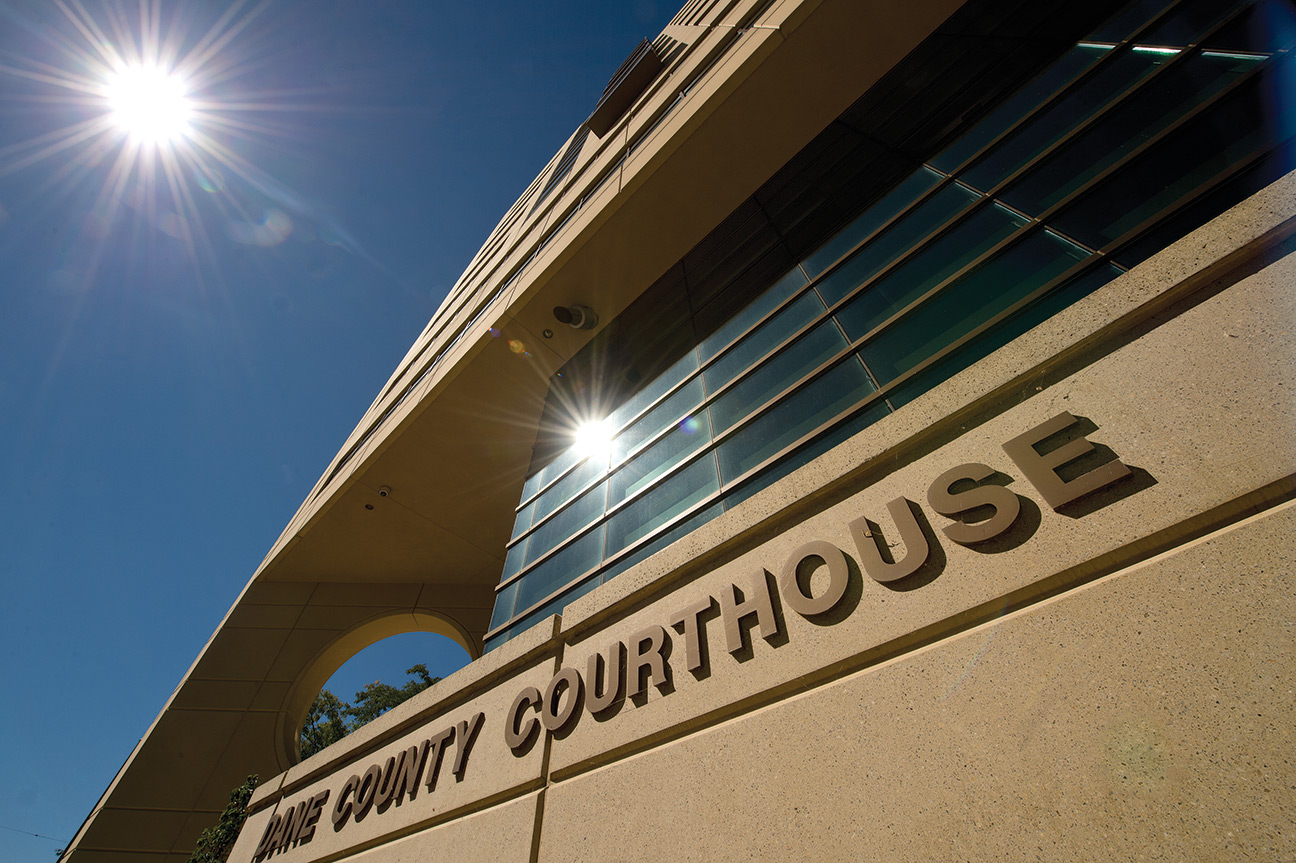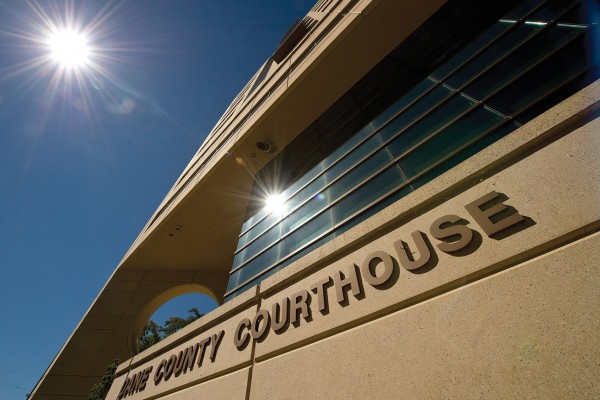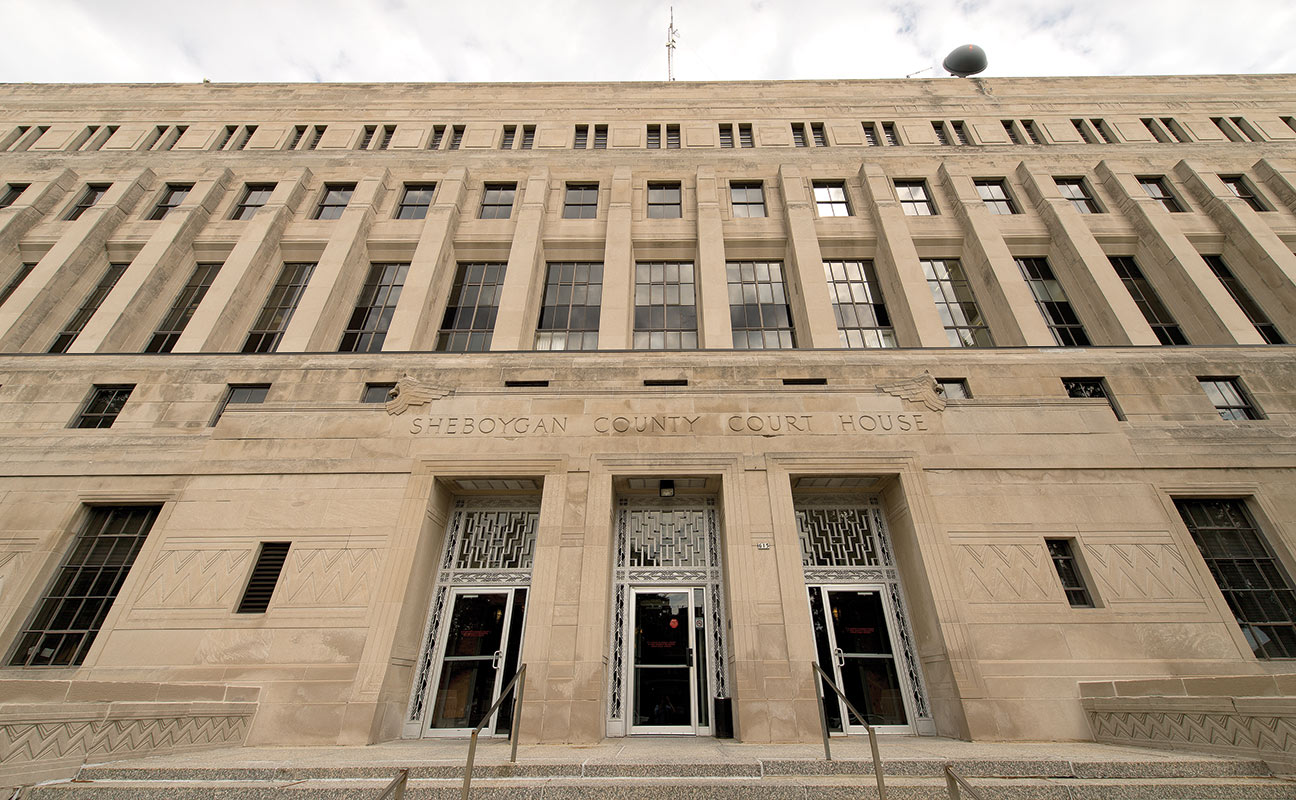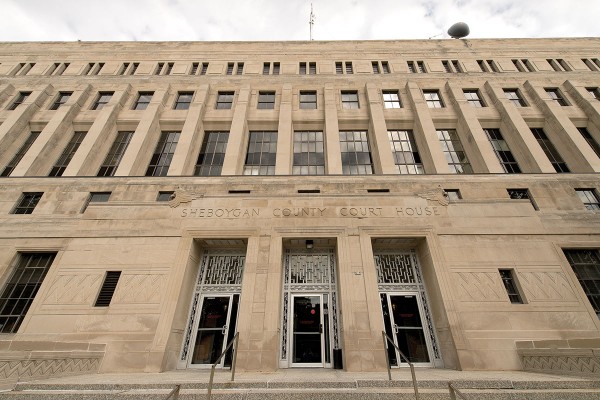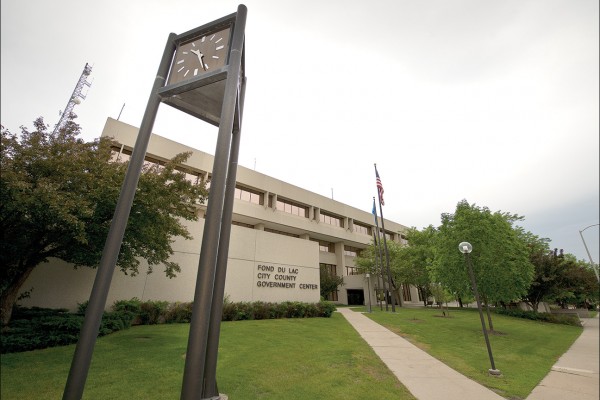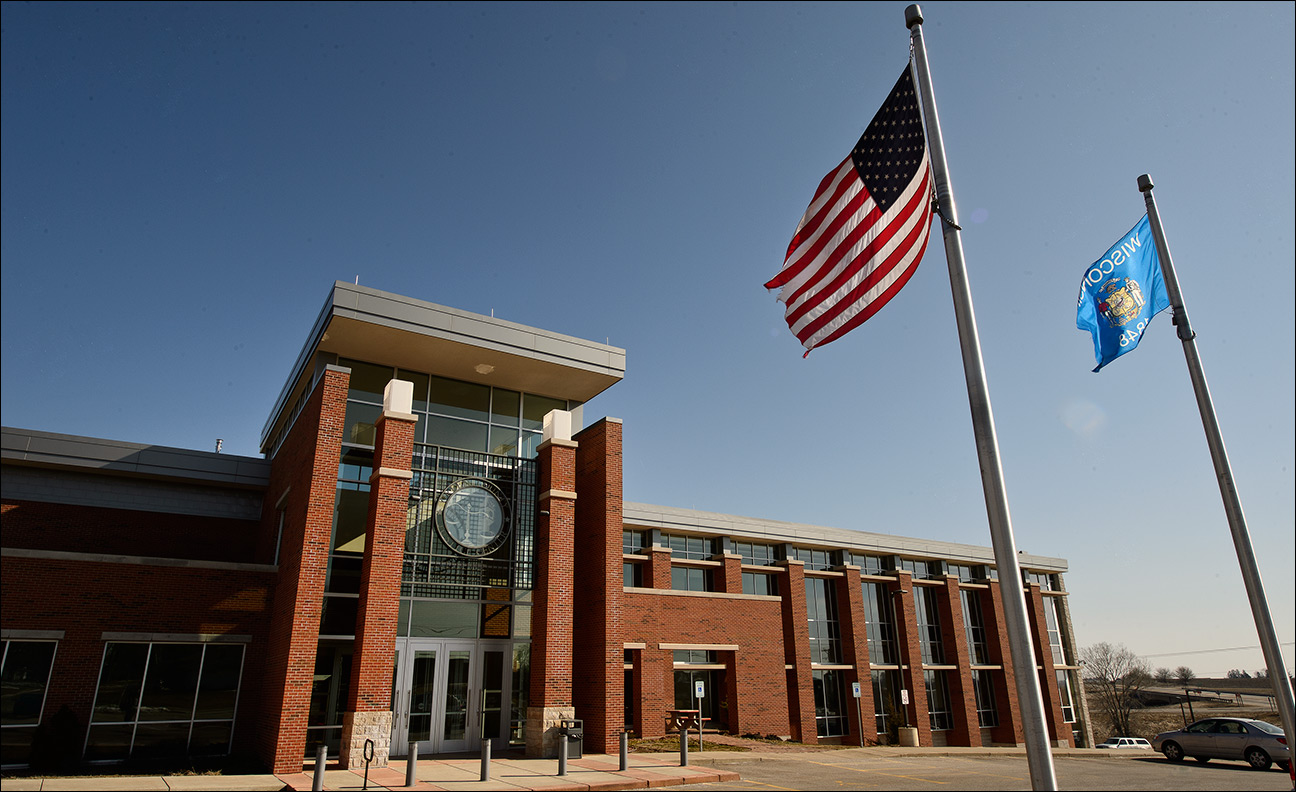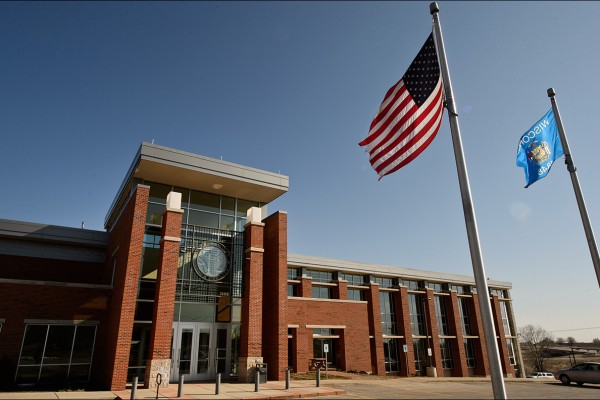Kenosha judges split on trials versus pleas
By: Jack Zemlicka, [email protected]//March 23, 2012//
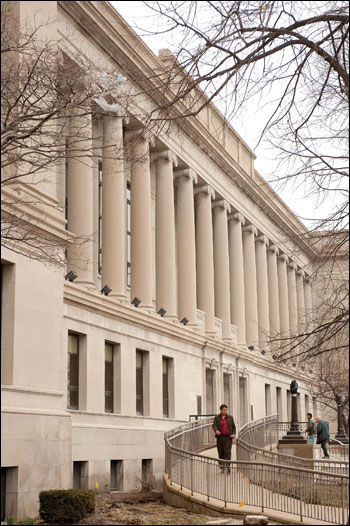
Kenosha County Circuit Judge Bruce Schroeder won’t be mistaken for Monty Hall.
Unlike the host of “Let’s Make a Deal,” Schroeder said when it comes to criminal cases, he doesn’t believe in negotiations. He favors going to trial.
Though he’s now in civil court rotation, the judge said he averages about 25 jury trials per year while on criminal court.
“I am a plea-bargaining atheist,” he said. “I don’t believe in it.”
Schroeder, 66, said his lack of faith in plea bargaining has made him a target for substitution. But he holds firm, he said, because he believes criminal trials are a safeguard against convicting innocent people.
Schroeder, who has 28 years on the bench, said he once denied a public defender’s trial-day plea offer because it came a week past the deadline the judge had set. The client was facing a felony charge.
“I made them try the case, and the defendant was found not guilty,” Schroeder said. “I told the public defender, ‘You should feel so guilty that you were going to plead a guy guilty that the jury said was innocent.’”
Kenosha County’s other judges said Schroeder’s rigid stance on criminal plea bargaining is unique, as is his skepticism about the benefits of specialty courts, which are emerging in the county.
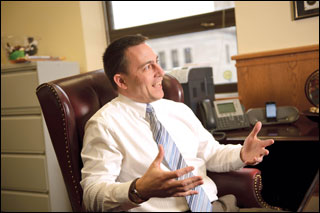
Newer judges, such as Chad Kerkman, who joined the court in 2009 when the last of the county’s eight branches was created, said he allows plea deals even on the day of trial to keep cases moving through the system.
“I think sometimes if you are too set in your ways, it works against the judge,” he said. “And it’s not good for the parties.”
During his recent stint in criminal court, Kerkman, 41, said he scheduled one or two jury trials per week, but only held about six per year.
“I do see it as a timesaver,” he said, “getting that resolution.”
Kerkman also supports Kenosha’s specialty courts, which offer case resolution alternatives short of trial. Kenosha launched an alcohol and drug treatment court in July 2009 so nonviolent offenders could enter a rigorous rehabilitation program in lieu of jail time.
Kerkman is spearheading efforts to start a mental health treatment court, as well, and said there are preliminary plans to develop a veteran’s court.
“That’s the future, I think,” he said. “We need to look at how we’re handling different cases, and incarcerating people forever isn’t good.”
But Schroeder said specialty courts alter the way judges make decisions.
“A lot of this treatment court stuff to me,” Schroeder said, “is just social work the courts are ill-equipped to do.”
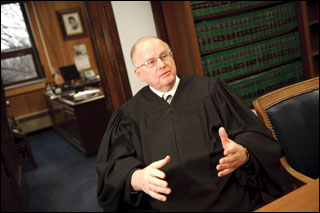
He said he wonders if participants only enter such programs to avoid jail.
“When it’s done in the criminal courts, it is under duress and a guy doesn’t have much choice,” Schroeder said. “So I don’t know about the sincerity of the effort that is really made there. Maybe I’m old-fashioned.”
For Kenosha criminal defense attorney, Michael Cicchini, of Cicchini Law Office LLC, the county’s spectrum of judicial standards presents challenges and opportunities.
Plea deals can provide timely resolution to a case, he said, even if it means having a client admit guilt. But in a mid-sized court, a judge such as Schroeder prevents plea bargains from being universally accepted as the only way to resolve cases, Cicchini said.
That can be a comfort to defense lawyers, he said, who know they will have time to build a case for their client in front of Schroeder.
“There is less pressure to take a plea because I know if it goes to trial and I have a good case, I’ll be able to present it,” Cicchini said. “It kind of almost feels like an advantage, but it’s not. It’s just the way it should be.”
Kenosha Judge Mary Wagner, 63, said there is merit to Schroeder’s method. However, she prefers to let the circumstances dictate the need for a plea agreement or trial, she said.
“It is a problem that people come in and think they can make a deal,” Wagner said. “But it’s something that has to be dealt with on a daily basis with the number of litigants and the number of charges.”
When the county’s two-year judicial rotations switch again Aug. 1, Schroeder said, he’s ready to once again preside over criminal trials rather than negotiate pleas.
“What I object to is the institutional religious concept that plea bargaining is the only way to save us from utter destruction,” Schroeder said. “I couldn’t sleep nights if I had to sentence innocent people.”
Legal News
- Former law enforcement praise state’s response brief in Steven Avery case
- Eric Toney announces re-election bid for Fond du Lac County District Attorney
- Former Wisconsin Democratic Rep. Peter Barca announces new bid for Congress
- Republicans file lawsuit challenging Evers’s partial vetoes to literacy bill
- More human remains believed those of missing woman wash up on Milwaukee Co. beach
- Vice President Harris returning to Wisconsin for third visit this year
- Wisconsin joins Feds, dozens of states to hold airlines accountable for bad behavior
- Trump ahead of Biden in new Marquette poll
- Bankruptcy court approves Milwaukee Marriott Downtown ‘business as usual’ motion
- New Crime Gun Intelligence Center to launch in Chicago
- Arrest warrant proposed for Minocqua Brewing owner who filed Lawsuit against Town of Minocqua
- Wisconsin Supreme Court justices question how much power Legislature should have
WLJ People
- Power 30 Personal Injury Attorneys – Russell Nicolet
- Power 30 Personal Injury Attorneys – Benjamin Nicolet
- Power 30 Personal Injury Attorneys – Dustin T. Woehl
- Power 30 Personal Injury Attorneys – Katherine Metzger
- Power 30 Personal Injury Attorneys – Joseph Ryan
- Power 30 Personal Injury Attorneys – James M. Ryan
- Power 30 Personal Injury Attorneys – Dana Wachs
- Power 30 Personal Injury Attorneys – Mark L. Thomsen
- Power 30 Personal Injury Attorneys – Matthew Lein
- Power 30 Personal Injury Attorneys – Jeffrey A. Pitman
- Power 30 Personal Injury Attorneys – William Pemberton
- Power 30 Personal Injury Attorneys – Howard S. Sicula





